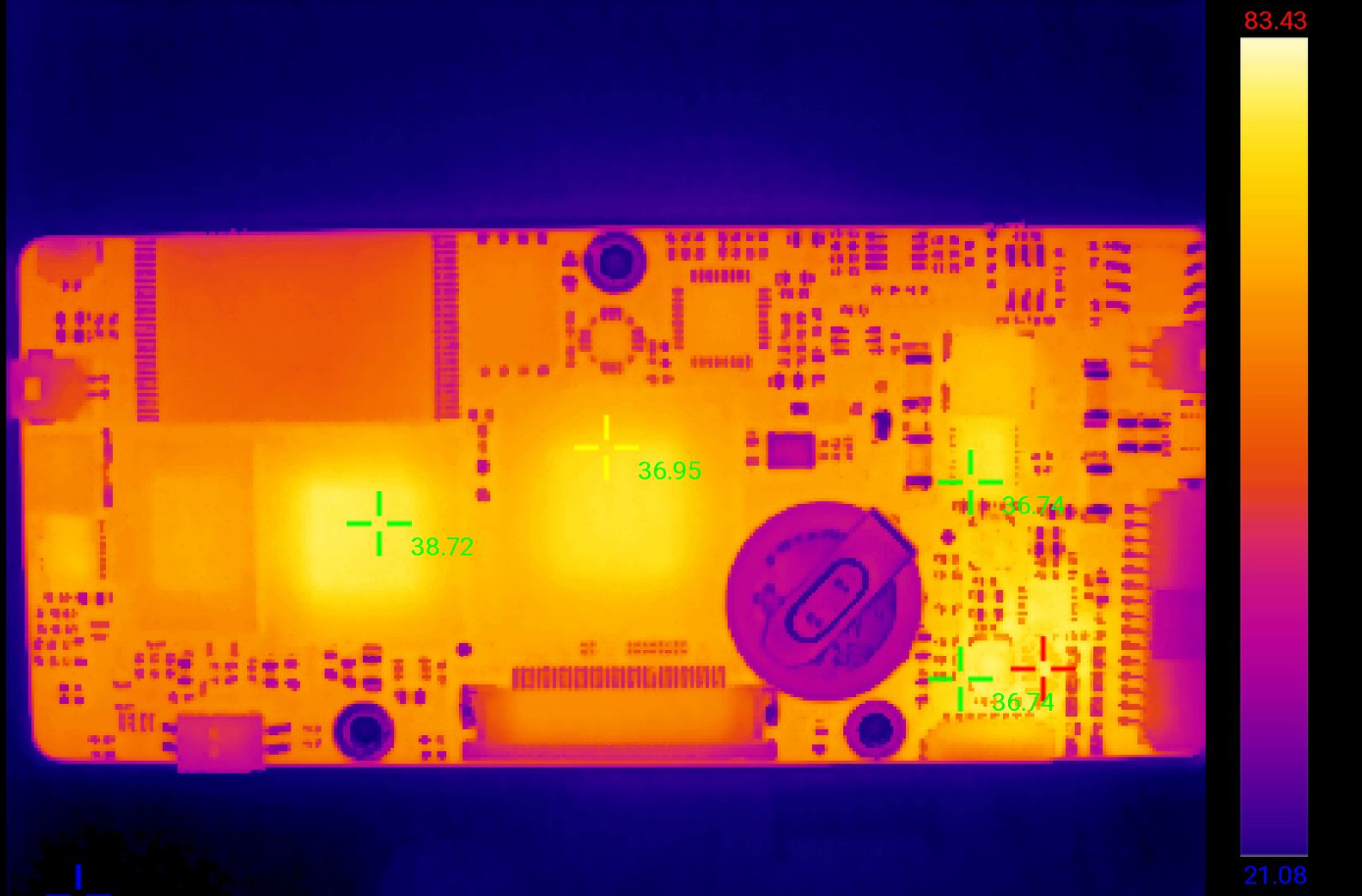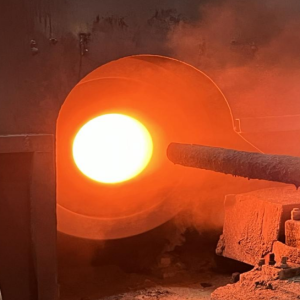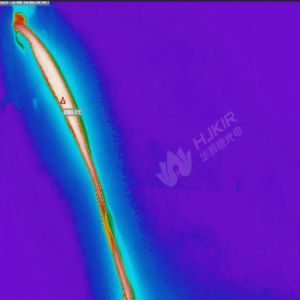

Background:
Thermal imaging device are essential tools in diagnosing and troubleshooting automotive circuit boards. They operate by detecting infrared radiation emitted from electronic components, allowing for the visualization of temperature distributions across the board. This capability is crucial for identifying overheating components, short circuits, and faulty connections that may lead to performance issues.
Infrared in thermometer are increasingly utilized in automotive circuit boards, providing significant advantages in quality control, thermal management, and performance evaluation. Here are some key applications:
Applications of Infrared Devices in Automotive Circuit Boards
Infrared heat camara is employed to assess the temperature distribution across automotive circuit boards during operation. This is crucial for detecting hotspots that could indicate potential failures or inefficiencies in electronic components. By visualizing the thermal profile, engineers can optimize designs to ensure that components operate within safe temperature ranges, thus enhancing reliability and longevity
During the manufacturing process of automotive electronics, infrared cameras are used for non-destructive testing to identify defects in circuit boards. By monitoring the thermal characteristics of the boards, manufacturers can detect issues such as solder joint failures or component misalignments before they lead to product failures. This proactive approach improves overall product quality and reduces waste
Infrared devices are utilized to evaluate the performance of various electronic components mounted on circuit boards. For example, during stress testing, infrared cameras can monitor how components react under different load conditions by tracking their temperature changes. This data helps engineers understand the thermal behavior of components and make necessary adjustments to improve performance
In power electronics applications within vehicles, managing heat dissipation is critical. Infrared thermography helps engineers design effective cooling solutions by identifying areas on circuit boards that generate excessive heat. By optimizing the layout and cooling strategies based on thermal data, manufacturers can enhance the efficiency and reliability of power electronics systems
Advanced inspection systems integrate infrared technology with automated processes to continuously monitor the thermal performance of circuit boards during production. These systems can quickly identify deviations from expected thermal profiles, allowing for immediate corrective actions. This integration enhances operational efficiency and ensures high-quality standards throughout the manufacturing process
6.Benefits of Using Infrared Devices for Automotive Circuit Boards
Non-Contact Measurement: Infrared technology allows for safe and non-invasive monitoring of temperature without interrupting the manufacturing or testing processes.
Real-Time Data: Immediate feedback on thermal performance enables quick adjustments and optimizations.
Enhanced Reliability: Early detection of potential issues leads to improved product quality and reduced risk of failures in automotive applications.
In summary, infrared devices play a vital role in the development and production of automotive circuit boards by improving quality control, enhancing thermal management, and ensuring reliable performance in various electronic systems within vehicles.

The Problem:Rotary kilns can develop invisible hot spots that lead to:✔ Sudden shutdowns costing $50,000+ per day✔ Dangerous refractory explosions✔ Wasted energy from uneven heating How Thermal Imaging Small Devices Help:These handheld tools act like "heat stethoscopes" for kilns: Spot trouble areas in 10 us from safe distances ...

HJKIR developed a new type of continuous temperature measurement system for molten iron, which can directly measure the temperature of the iron flow at the taphole during tapping and more directly and accurately represent the state and change process of the physical heat of the furnace. At the same time, it has the outstanding characteristics of...